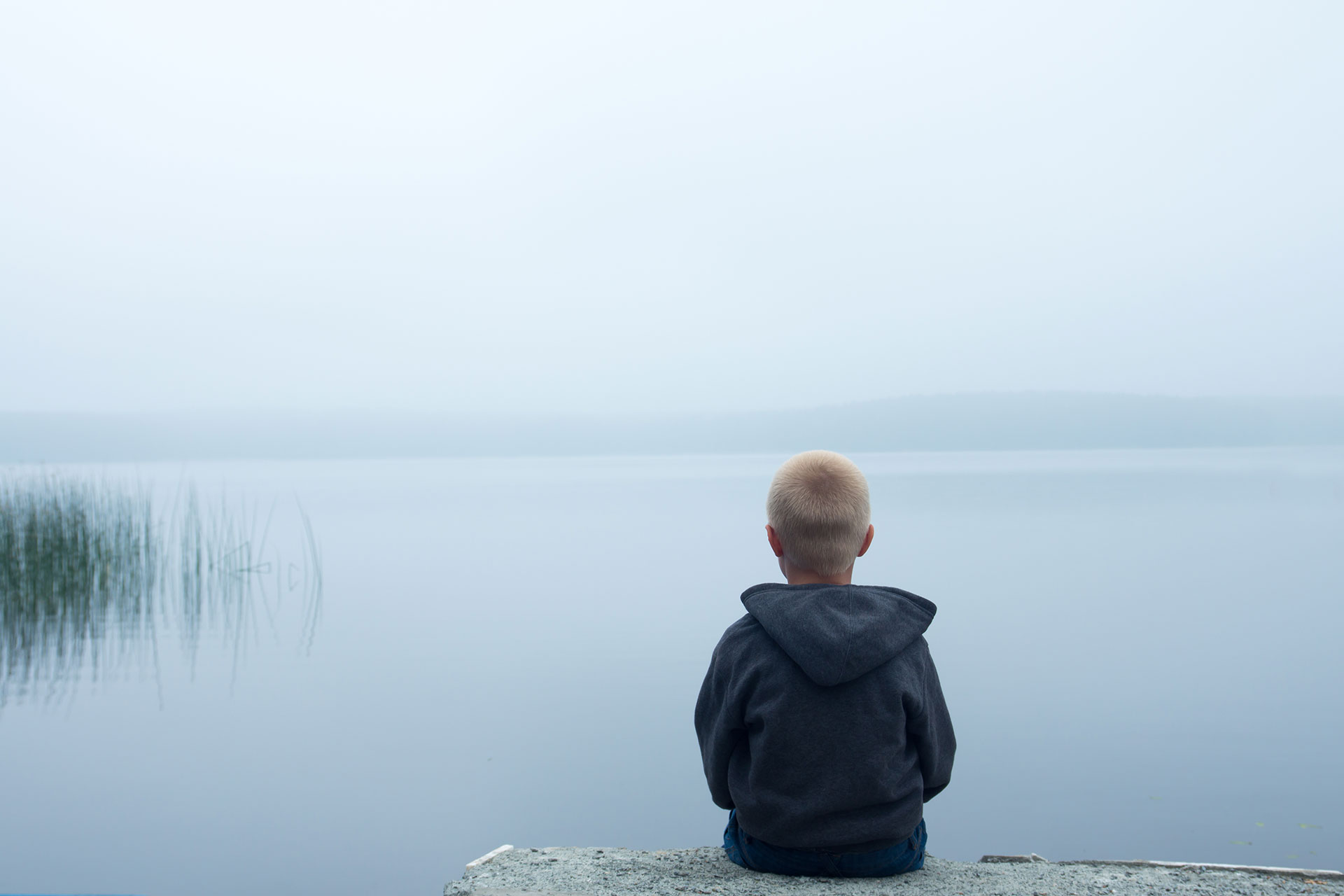Child sexual abuse is an often overlooked and under-reported crime that affects many children every year. It is estimated that 1 out of 10 children will experience sexual abuse by the time they are 18 years old. Although we have this statistic, it is estimated that the number could be much higher due to a number of incidences that go unreported. Child sexual abuse is defined as any sexual act with a child that is performed by an older child or an adult, including touching (both clothed and unclothed), penetrative sex, encouraging a child to engage in sexual activities (i.e. masturbation), engaging in sexual intercourse in front of a child, showing a child pornography or encouraging a child to engage in prostitution. It is a common myth that sexual abuse is perpetrated by a stranger and that we believe we must only teach our children about “stranger danger,” however 90% of child sexual abuse perpetrators are someone that the child knows and trusts, such as a family member, babysitter or family friend.
Warning Signs
If your child has had a significant change in his/her behavior or daily activities (i.e. eating habits, sleeping habits or toileting) these can be indicators that your child may have experienced sexual abuse. Young children may be more likely to use behavior to communicate that something has happened to them due to their lack of language development and cognitive ability to understand what has happened to them. More specifically, changes to look for may include:
• Being fearful
• Having nightmares
• Crying without provocation
• Withdrawing
• Regression in development
• Nightmares
• Excessive crying
• Change in sleep patterns
• Appetite change
• Unusual interest in sexual matters that are inappropriate for his/her age or development
• Aggressive behavior
• Disruptive behavior
• Fear of being left alone with particular people
• Physical changes or injuries, such as vaginal or rectal bleeding, itchy or swollen genitals, vaginal discharge, or pain with urination
Although the above symptoms can correlate with the experience of sexual abuse, they may also be related to other mental health or medical concerns. If your child is experiencing a symptom listed above, it is important to contact your physician or a mental health professional.
What steps have you taken to keep your child safe?
Michelle Rosenwald works in the Behavior Clinic at Penfield Children’s Center.







